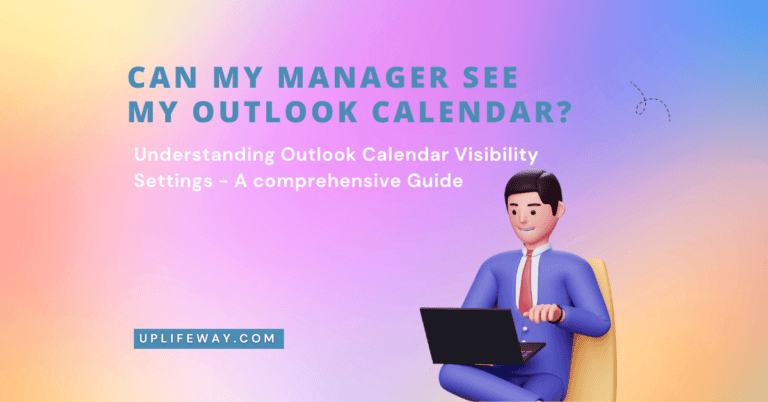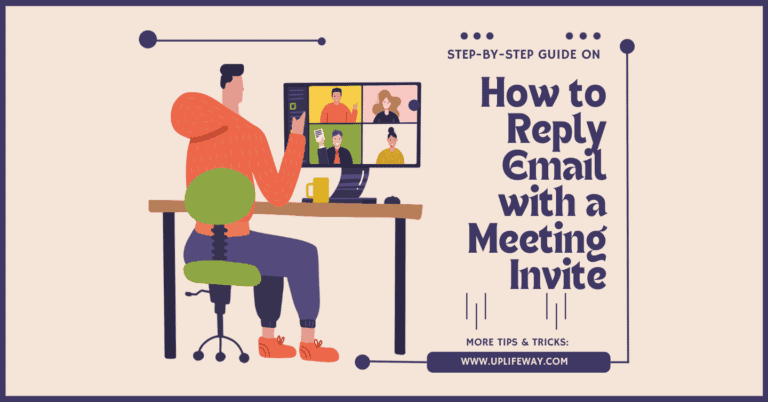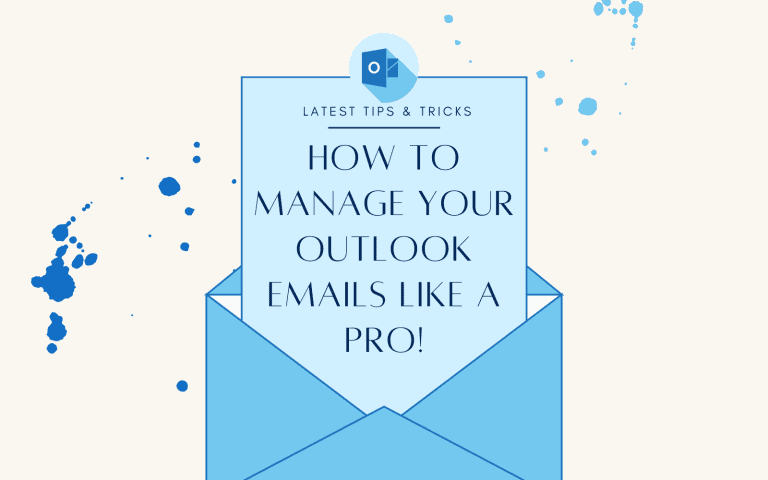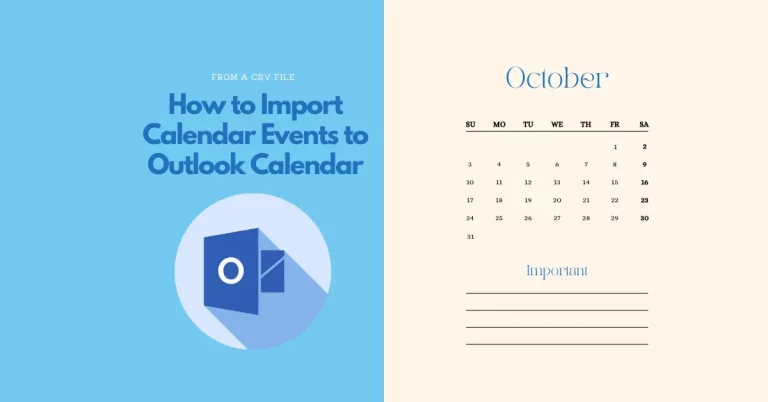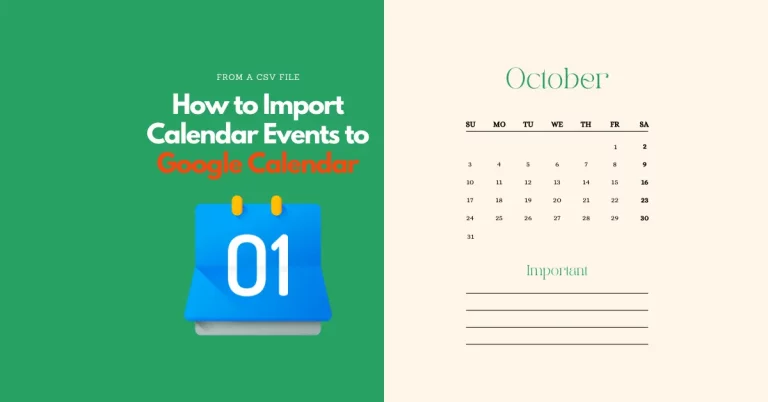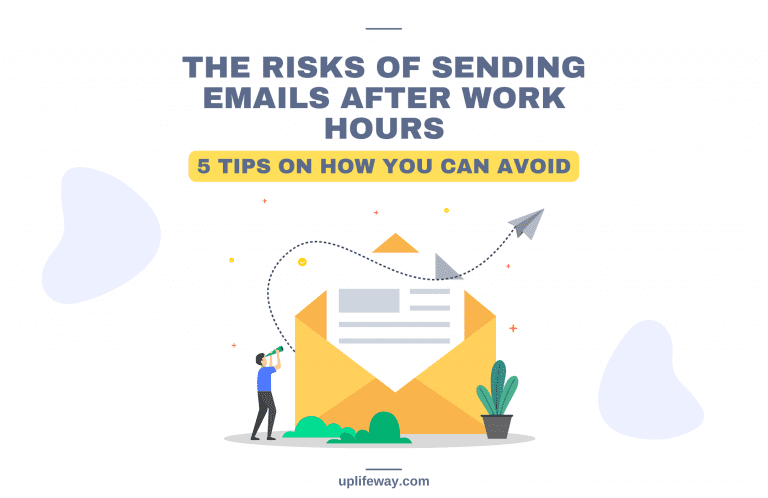Master Email Etiquette: 7 Things You Should Not Use Work Email For
Key Takeaway
Mastering email etiquette is crucial for professional success. This article covers things you should not use work email for, including using work email for personal matters, sending job application to another employer, sending or receiving large attachments, sending or receiving pornographic or other inappropriate contents, gossiping or sharing inappropriate humors, etc. Adhering to professional email etiquette by keeping communication respectful and professional can help to avoid legal or ethical issues and maintain a professional image.
Introduction
As technology has advanced, the use of emails has become ubiquitous in the professional world. Emails have become an essential means of communication, and mastering email etiquette is a crucial aspect of professional success. While emails can be a powerful tool to communicate and share information, it is essential to remember that they must be used cautiously. In this article, we will discuss seven things you should never use work email for to help you avoid unprofessional and potentially damaging communication.
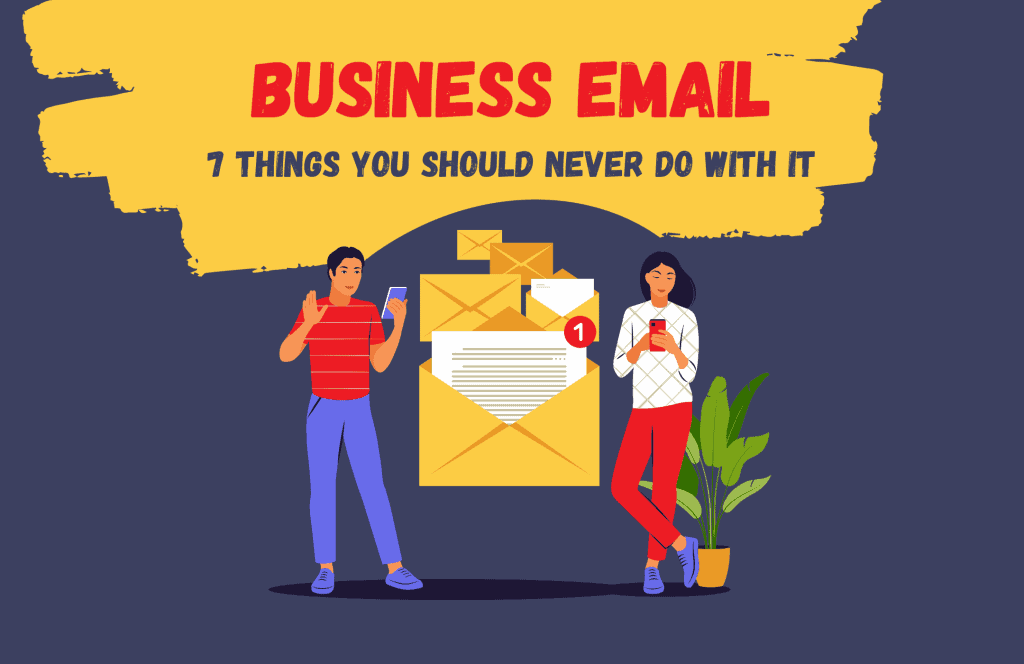
The 7 Things That You Should Never Do with Your Work Email
Your business email reflects your company, and you should always strive to present a professional image. However, if you use your business email for personal things, you will look unprofessional and disorganized. It can also make it hard to keep up with critical business correspondence. Let’s jump right into the core discussion – the 7 things you should not use work email for.
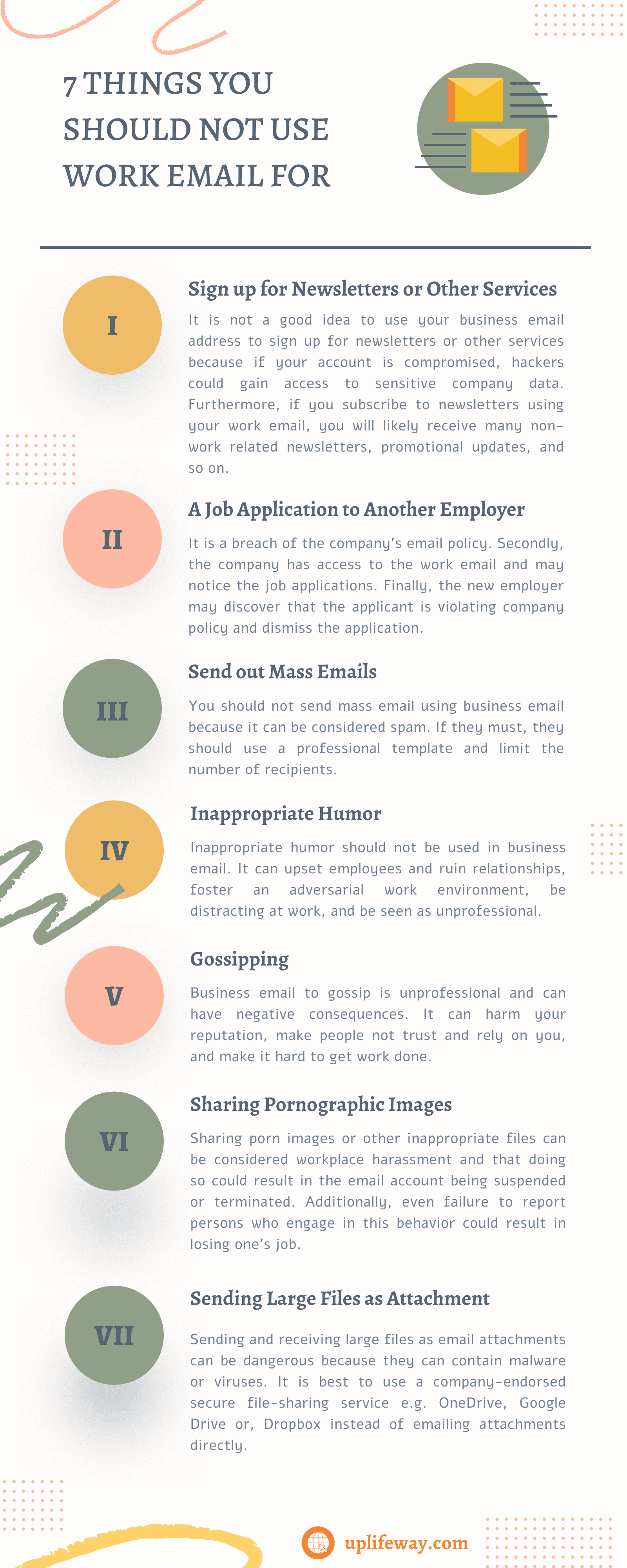
1. Using your business email to sign up for newsletters or other services
Using your business email address to sign up for newsletters or other services is bad.
Email poses the greatest risk to data, with 83% of organizations experiencing email data breaches. Business email addresses are usually connected to company servers, meaning hackers could access sensitive company data if your account is compromised. God forbid, if anything such happens, you’ll lose more than your job.
Furthermore, if you subscribe to newsletters using your work email, you will likely receive many non-work related newsletters, promotional updates, etc. They can make it difficult to keep organized and cause critical information to be lost in the clutter.
In fact, using work email for any personal use is dangerous.
2. Sending a job application to another employer
Your work email address is the property of your employer; you are only authorized to use it for work purposes. As a result, if you use it to send resumes to other employers, you are breaching your company’s email policy.
Second, your company can access your work email (ask your IT colleague if you don’t believe me!). So, if you use it to send job applications, your existing company may notice. I’m sure you don’t want that!
Third, if the new employer discovers you sent a job application via business email, they will most likely dismiss you from their consideration. Because it is a blatant violation of corporate policy, and no employer wants to hire people with a track record of breaking the rules.
3. Using business email to send out mass emails
Mass emailing is generally not a good idea for businesses because it can be considered spam. If you must send a massive email to a group of people, pick a professional-looking email template and add a clear subject line. You should also limit the number of recipients to avoid having your email marked as spam.
4. Spreading inappropriate humor
You should not send inappropriate humor using business email for a few reasons.
Inappropriate humor can upset employees and ruin relationships. It can also foster an adversarial work environment, leading to complaints and inquiries. Inappropriate humor can also be distracting at work and impair productivity.
Last but not least, it can be seen as unprofessional and make you look bad in front of your boss or coworkers.
5. Gossiping with coworkers
Using business email to gossip is unprofessional. It can harm your reputation and credibility among colleagues and customers. They can feel they cannot trust you with confidential or serious information.
Moreover, it can be disruptive to workflows and productivity. When you spend time chatting via email, you are wasting not only your own time but also the time of your coworkers.
Learn How To Keep Your Emails Concise And To The Point | 10 Must-know Tips for Young Professionals!
6. Sharing pornographic images or other inappropriate files
According to Joydeep Hor, the founder and managing principal of People + Culture Strategies (PCS), porn is the most common objectionable content circulated around office computers. If you have this habit, it is time to stop doing that.
For several reasons, you must not send pornographic images and other inappropriate files using business email. They can be considered workplace harassment. Sending such files could result in your email account being suspended or terminated.
The risk is not only limited to the suspension of your email ID. IT experts have warned us that we may lose jobs if we send or even receive without reporting improper emails at work.
Recommended Reading: Sending Emails After Work Hours – 5 Damages It Is Doing to You | 6 Tips on How You Can Avoid It
7. Sending & receiving large files as attachments
We’ve all been there before – you’re working on a project and need to send a file to a colleague or client. So you send a quick email with the attachment, not thinking twice about it. Using your business email to send or receive large attachments is a big security no-no, especially if the email came from an external sender.
That’s because email attachments can be dangerous – they can contain malware or viruses that can infect your computer (and potentially your whole network). They are unsafe as well. The email addresses and personal information of 36,000 Boeing employees were hacked the same year after a staff member emailed the file to their spouse for formatting assistance. So it’s always best to use your company-endorsed secure file-sharing service (like Google Drive, OneDrive, Dropbox, etc.) when sending attachments rather than emailing them directly. These cloud services have the built-in virus and malware inspection facilities. Get out of the practice of sending and receiving large attachments in emails.
Recommended Reading: How To Improve Business Email Writing Skills | 7 Tips to Make Your Email Communication More Effective
Final Words
Mastering email etiquette is essential for professional success in today’s world. Understanding what not to use work email for is crucial to maintaining a professional image and avoiding any potential legal or ethical issues. Avoid these common email blunders if you want to portray a professional image for yourself and your company. Make sure you’re mindful of how you’re using your business email. Inappropriate use of email at work can lead to legal problems as well. Don’t be misled to believe it’s just between John and me; remember that IT constantly monitors you! Remembering these guidelines and adhering to professional email etiquette will help you to communicate effectively and professionally with colleagues, clients, and customers.
FAQ on Things Not to Do With a Business Email
What should you not do in a work email?
Work email is a company property that should be used only for work purposes. Following are a few cases where using work email is a blunder.
a. Using business email to sign up for newsletters or other services
b. Sending job applications to another employer
c. Using business email to send out mass emails
d. Gossipping or sharing inappropriate humor with other coworkers
e. Sharing pornographic images or other inappropriate files
f. Sending or receiving large files as attachments.
What should you avoid in work emails?
You should avoid using work email for personal reasons, such as sending job applications to other employers, signing up for newsletters, or social media platforms such as LinkedIn, chatting or exchanging jokes, etc.
What are things you should avoid when using your office email?
Any personal stuff. Usage of office email must be limited to office purposes only. Below are some examples of areas where using office email is strongly forbidden.
1. Signing up for newsletters or other services or social media platforms like LinkedIn, FaceBook, etc.
2. Submitting a job application to another company
3. Sending mass emails
4. Gossiping or spreading offensive humor with coworkers
6. Attaching big files to emails instead of using secure file-sharing platforms

“Hey there, welcome to UplifeWay.com! I’m Rifat Hossain, a Microsoft 365 certified trainer with a background in Advanced Engineering Management. Currently, I’m navigating the tech landscape as the Digital Services Manager at Coats, providing a unique perspective on technology in the professional world.
My journey, fueled by a passion for helping others, has led to the creation of this blog. UplifeWay.com is your go-to source for mastering Microsoft Office applications and elevating your digital literacy. Join me on the exciting journey of smart productivity at UplifeWay.com – let’s explore the world of tech together!”

